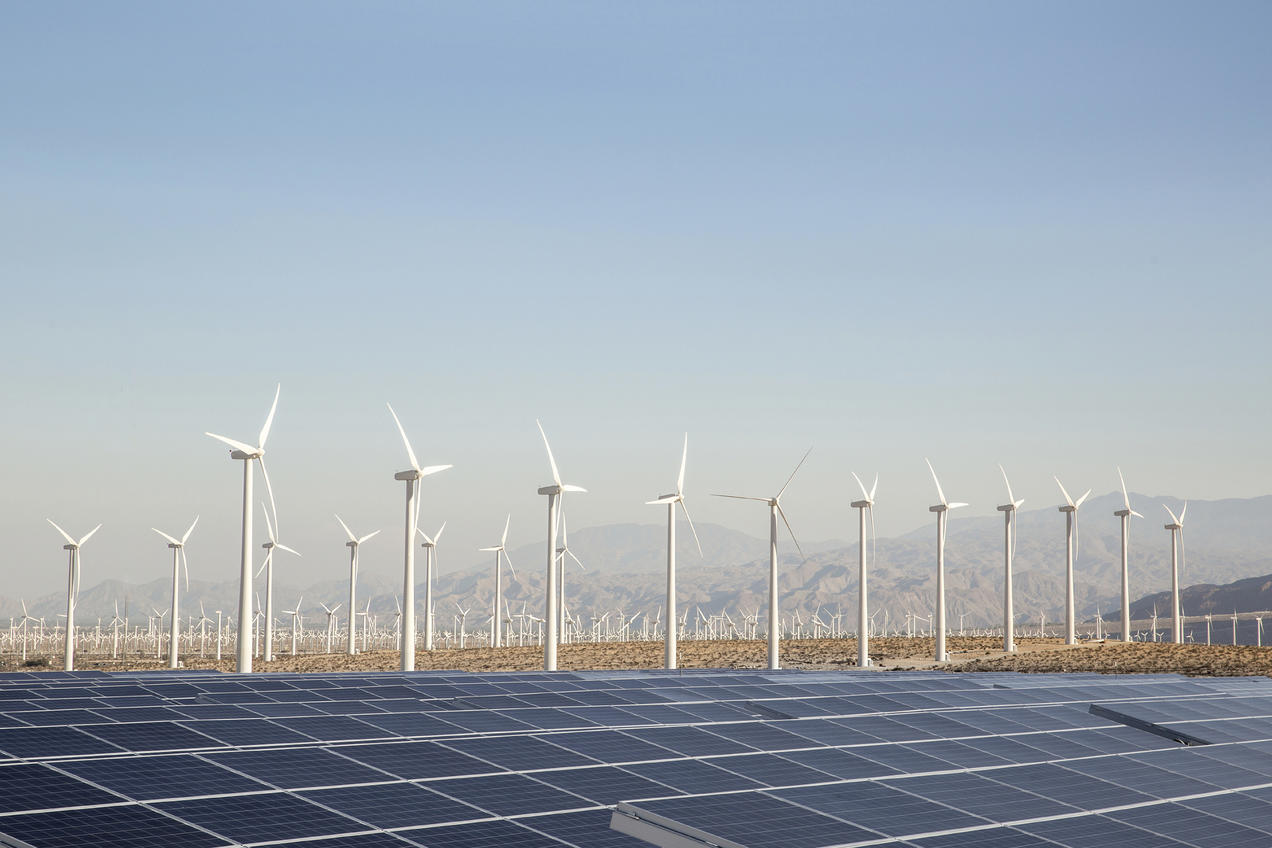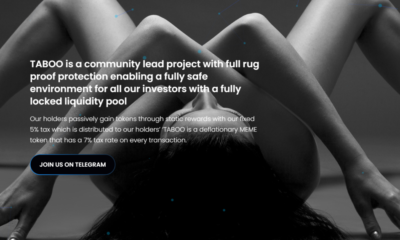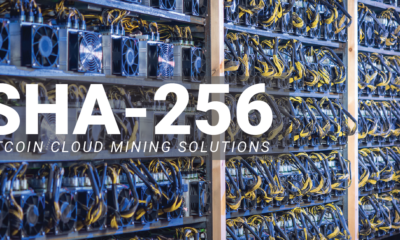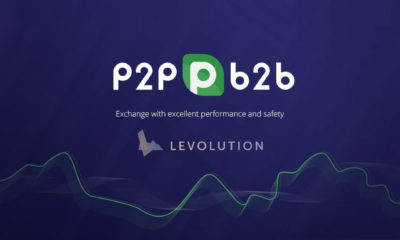Blockchain
California Energy Commission Grants $9M For Renewables Project Using RSK Blockchain

An ambitious renewable energy project is underway in Los Angeles, with $9M of the $20M budget provided by the California Energy Commission. Blockchain will play a critical role in the pilot, which will use RSK’s Bitcoin-powered smart contract network to record transactions and data pertaining to energy usage. Smart city startup EVShare, which uses the RSK chain, will oversee the implementation on the ground as part of a consortium that includes EnelX, Google, and Grid Alternatives.
The renewable energy scheme is focused on a disadvantaged neighborhood in LA, where a proof of concept will involve the creation of a local grid network for tracking and trading energy consumption. Householders can trade excess energy generated from rooftop solar panels, earning credits for reducing their carbon footprint. Electricity consumption will be recorded on-chain, together with data pertaining to networked devices such as electric cars and batteries.
1,000 Smart Cities Connected On-Chain
EVShare is on a mission to help 1,000 cities switch to a shared economy centered around renewables and low carbon consumption. If it achieves this lofty goal, it will be with the aid of RSK’s Bitcoin-anchored smart contract network, which is proving its suitability for hosting a diverse array of applications. RSK is increasingly being utilized by NGOs, either directly or via startups such as EVShare that are building on RSK.
Ethereum’s stunning growth has transformed defi into a $4 billion vertical, but this success has come at the expense of network congestion and high gas prices. For all practical purposes, Ethereum is currently unsuited to supporting enterprise applications, allowing more scalable smart contract networks to position themselves as viable alternatives. While only a pilot at this stage, the Los Angeles renewable energy project has some serious money behind it and several major enterprises onboard. Already two years in development, its second phase has just been approved, paving the way for the creation of a fully working smart energy grid.
Initially, 50 houses will be connected to the solar grid, creating a marketplace for trading surplus energy production, and facilitating vanpooling, using electric vehicles that are powered by batteries charged by solar energy. Beneath the hood, RSK’s blockchain will serve as the ledger on which electricity consumption, rides and services are recorded.
IOVlabs Keeps on Shipping
IOVlabs, the parent company of RSK, oversees a range of projects that include RIF and Taringa!, the Latin American social network it acquired last year. Thus far, IOVlabs has struck a balance between developing blockchain-based consumer applications and reaching out to governments and businesses to pitch more ambitious pilot projects. RSK remains its best known and most successful platform to date, and is the hub around which the rest of the IOVlabs ecosystem revolves. Initiatives such as the $20M renewable project now underway in Los Angeles provide a stage for RSK’s capabilities in delivering blockchain infrastructure that can support the transition to a smart economy powered by IoT devices, clean energy, and P2P trade.

-

 Press Release3 years ago
Press Release3 years ago5 best crypto exchanges of 2022
-

 Press Release4 years ago
Press Release4 years agoBlockchain Applications made Simpler with Dappatoz
-

 Press Release3 years ago
Press Release3 years agoMeet TABOO, the unique token that gives reward for every transaction
-

 Press Release4 years ago
Press Release4 years agoCloud Mining: How Multimine is Making Crypto Mining Operation More Seamless.
-

 Press Release4 years ago
Press Release4 years agoSHA-256 – The best combination of Bitcoin mining, Cloud, and affordable Hash Power
-

 Press Release5 years ago
Press Release5 years agoLISTING OF LEVL ON A SECOND EXCHANGE
-

 Press Release4 years ago
Press Release4 years agoEXMR FOUNDATION NETWORK “LABS OF DAPPS & PROJECTS” MORE INFO.
-

 Press Release5 years ago
Press Release5 years agoAlpha X – A e-commerce platform with completely decentralized system.



